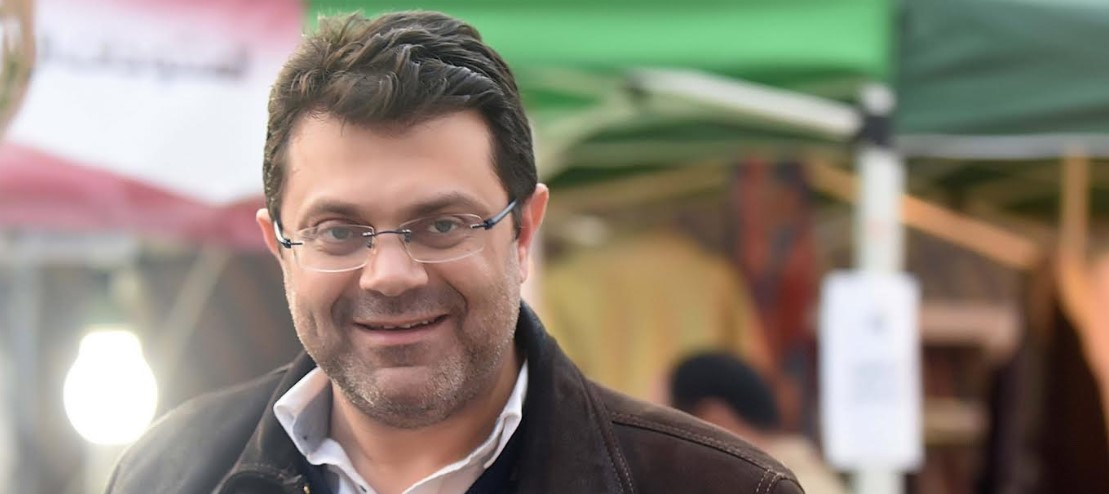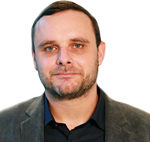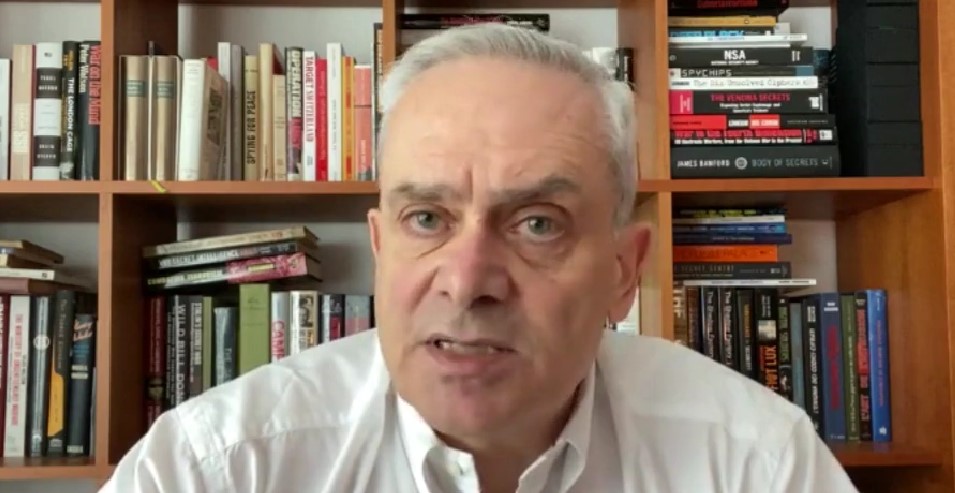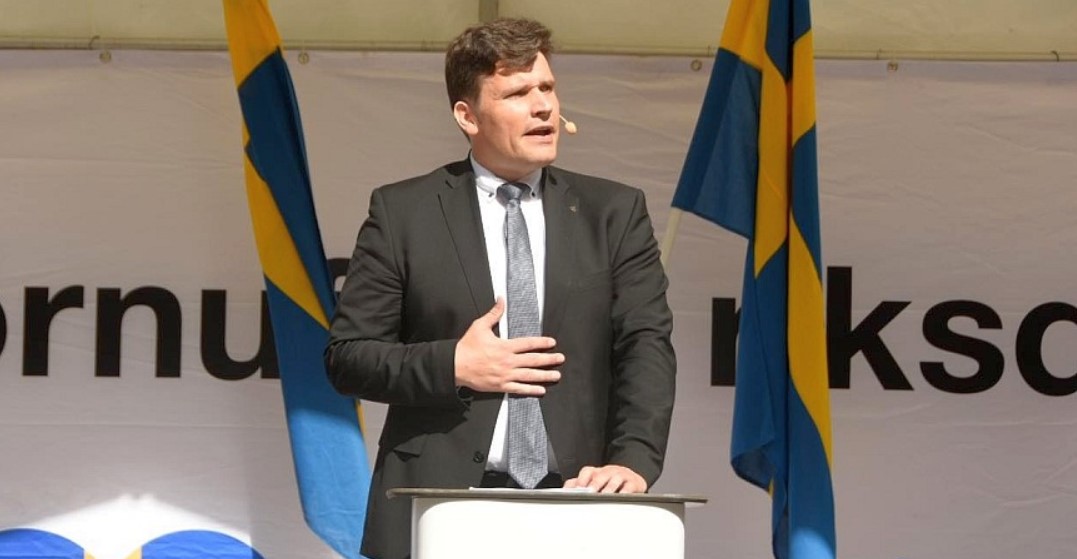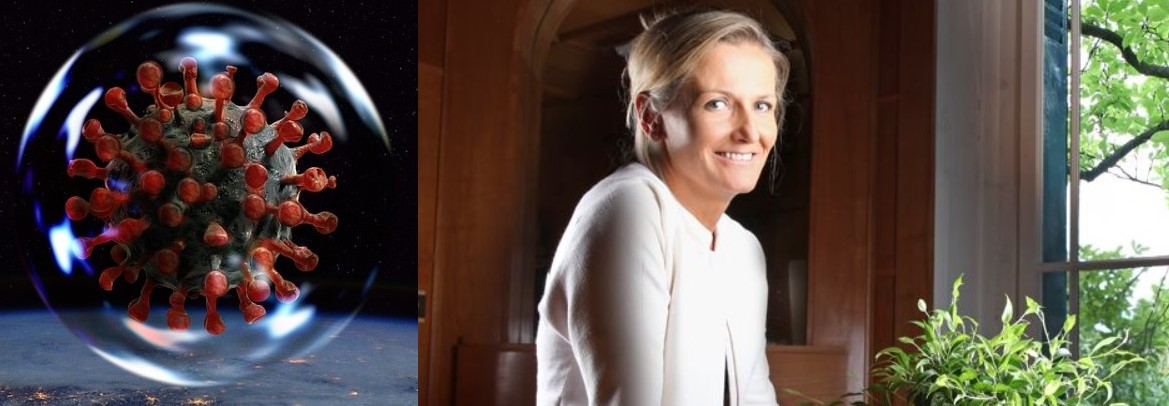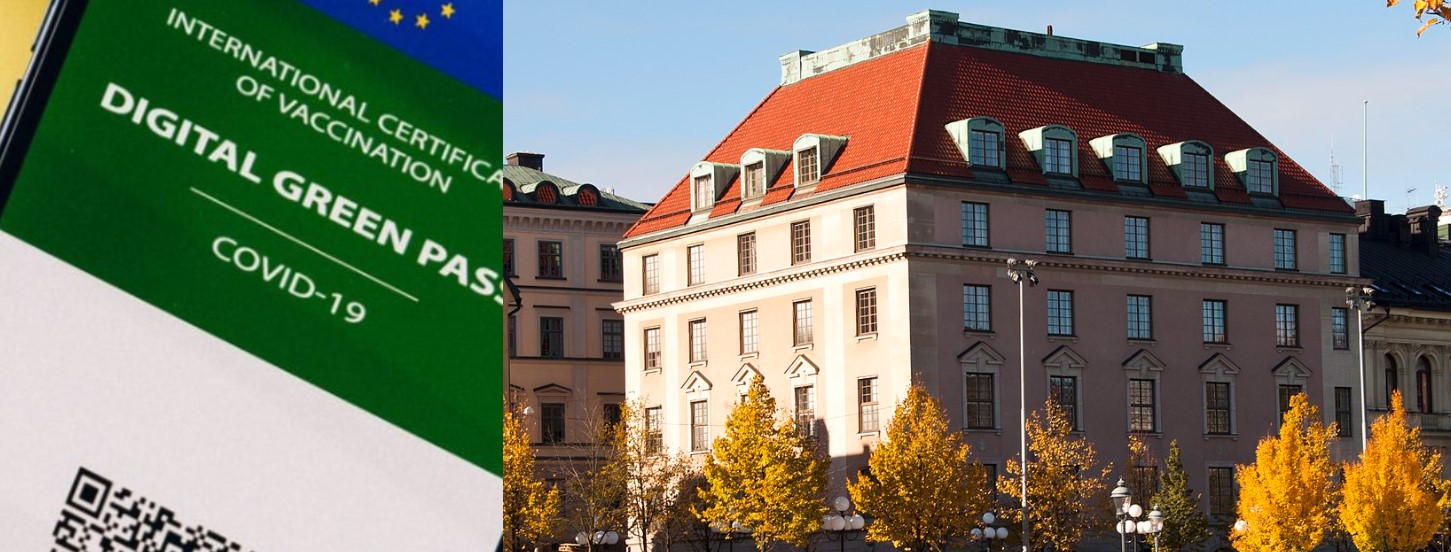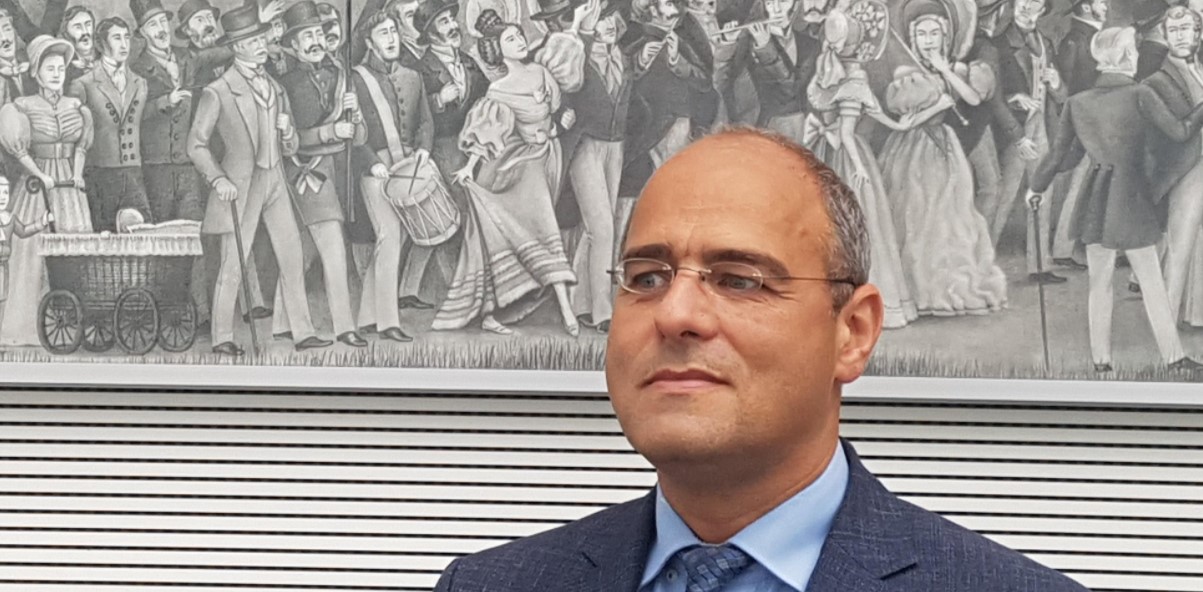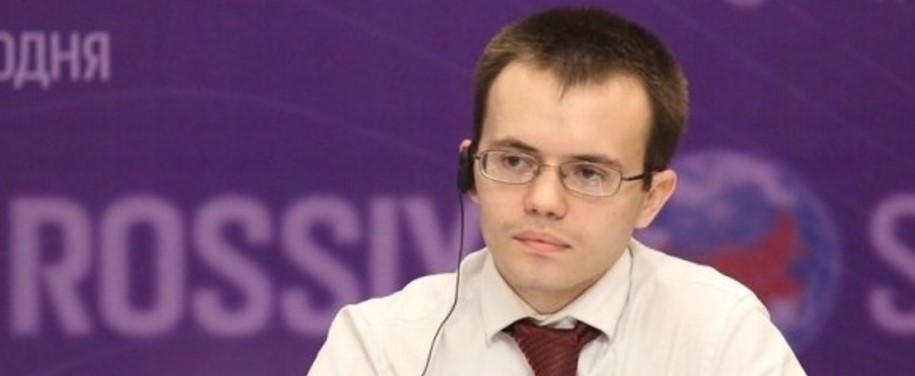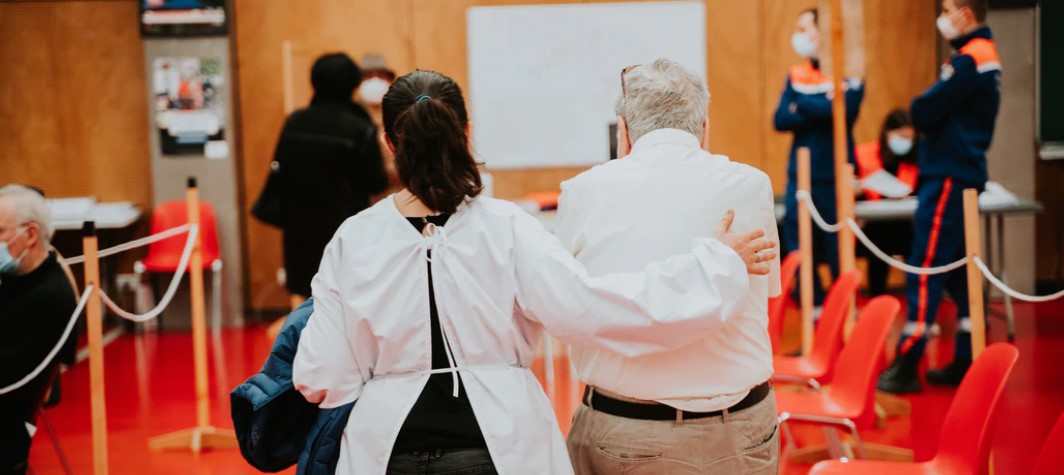Dr. Wakim, since the middle of October more and more people have been protesting on the streets of Lebanon. Western media reported that it started with the protest against an idea of the Lebanese government to tax the usage of the mobile messenger service WhatsApp. Is that true?
Wakim: This might be the last straw that broke the camel’s back, but Lebanon has been witnessing mobilization of the masses since 2010 due to the failing political system, mismanagement of the economy for at least four decades, accumulated debt that reached 200 percent of Lebanon’s GDP, failing public services, high unemployment rates, and the corruption of the political elite which has been trying to take extreme measures by taxing the poor and the middle class and sparing itself and the banking sector from any taxes.
Lebanon seems to have been economically paralyzed for decades now: The population suffers under frequent electricity cuts, high prices, low salaries and increasing problems with the country´s businesses…
Wakim: Since its establishment in its smaller version with the Mutasarrifyah [Ottoman system] in 1861, and then with the establishment of Greater Lebanon, the country was meant to be the Hong Kong of the Middle East, i.e. a financial mercantile center for French capital in the region.
The 1950s saw the inclusion of the Petro Dollar capital and the immigrant’s capital. The 1970s saw a retreat of French capital in favor of elites linked to American capital and the rise of neoliberalism in the world. However, starting from the 1980s onward there was a rise of other financial sectors in the Middle East and mainly in the Gulf region.
So, Lebanon lost the traditional environmental factors that helped it play the role of the Switzerland of the Middle East. During the post-civil war era, the country saw an attempt to re-establish that role counting on the success of peace with Israel.
This is why the political economic elite neglected industry and agriculture and focused on financial speculation under the supervision of the US-American Federal Bank. Foreign debt skyrocketed and the state in 1998 faced a crucial situation as peace was not achieved and the benefits of peace were not reaped. This is when the political financial elite decided to stop all public investments in the country which led to a dangerous deterioration in all sectors.
Is the organised sectarian political system of Lebanon one of the problems?
Wakim: The sectarian formula is merely the political organisation which serves a rentier economy based on financial speculation and on distributing income via nepotism and clientelism networks. It is also a means to vertically divide society to prevent the poor and middle classes from joining forces against the mercantile elite. And this formula also engenders sub-state entities allying themselves to foreign powers which have led to recurrent crises in the system.
Lebanon’s President Michel Aoun said that protests gripping the country showed “people’s pain” but that accusing all politicians of corruption was not fair either. What is your opinion about that?
Wakim: I partially agree with that in the sense that not all politicians embezzled money directly from the state, but if we count benefitting from power, receiving undeclared subsidies, or turning a blind eye to corrupt people, then we can blame everybody in power.
Who are these protesters? What are their aims beside forcing the government to resign?
Wakim: The majority are poor or middle class people who have grievances and who are facing economic hardships, lack of national dignity and respect, and failing public services. These people come from all political spectrums, confessions and political parties including supporters of Amal, Hezbullah and the Free Patriotic Movement.
There are also minor opposition parties like the People’s Movement, the Popular Democratic Party, etc, and independent NGOs. But there are also NGOs affiliated with USAID which in turn are affiliated with the NSC [National Security Council] in Washington. Two parties from the government were actively involved, the first being the Lebanese Forces, and the second being the Progressive Socialist Party of Walid Jumblatt, both driven by their hostility to the president and by American instructions to cause chaos in Lebanon after the situation in Syria got stabilized.
Is there any political force behind these protests?
Wakim: Opposition parties aim to change the political system and install a non-confessional one. The Lebanese Forces and Jumblatt want to create chaos.
If there is no big political organisation behind these protests, how will the protesters be able to translate their demands into governmental politics – since the Lebanese political system has been dominated for decades by the same political parties?
Wakim: There are calls for the formation of a constituent assembly of independent representatives, calls for a new non-confessional electoral law and early elections based on this law. They want the formation of a new government and the election of a new president.
Is there the risk that – in Maidan-style – Western liberal NGOs might push for influence in the protest movement?
Wakim: That is a possibility since the US-affiliated and financed NGOs, the Lebanese Forces and the Jumblatt faction would like to create chaos by following US instructions in order for Lebanon to be a bleeding flank of Syria.
Dr. Wakim, thanks a lot for the interview.





